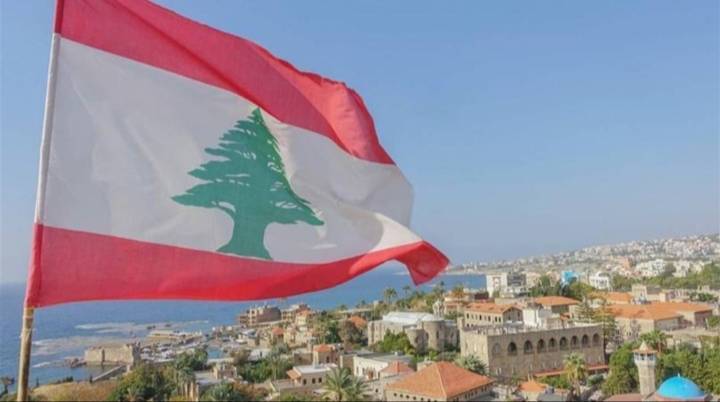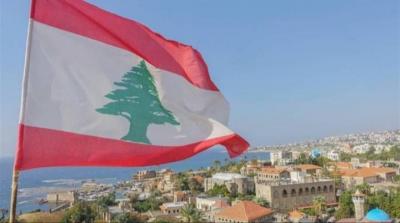"Unannounced bankruptcy" is a phrase that summarizes the reality of municipalities in Lebanon. Small local authorities are doing what successive governments, in all their forms and colors, have failed to do. These "state" institutions, entrusted with the banner of rescue and relief during the most difficult times and in the absence of a state, now find themselves in need of saving... The municipalities of Lebanon deserve medals of appreciation for their exceptional efforts, especially in recent years, where they have actively engaged on multiple fronts, playing the roles of doctors and pharmacists during "Corona," firefighters during fire outbreaks, and social assistants amid the suffocating economic crisis affecting everyone. Ensuring meals for the needy, gasoline and diesel vouchers for the "cut-off," and expensive, missing medication for "abandoned" patients have become their priorities, in addition to their other municipal tasks.
What are the main challenges they face today? Where do they get the funds to cover the deficit at a time when their modest budgets are no longer feasible? Khalil Harfouch, president of the Municipal Union of the Juzin region and mayor of Juzin, emphasizes that, "The rise in the dollar exchange rate against the Lebanese pound has put municipalities in a great crisis. Additionally, there has been a significant delay in payments due from the state. We find ourselves facing a catastrophic equation: expenses are 20 times more than income,” noting in an interview with MTV that “many municipalities today are relying on donations to carry out necessary maintenance and pay the salaries of their employees. For example, in Juzin Municipality, we depend on donations from some expatriates and small contributions from associations in the region, as the need is great today on multiple levels, and people are in a miserable state. If the state does not take action, we will face a real tragedy."
In response to a question about the upcoming municipal elections, he replies, "Municipal work, specifically taking on the presidency of the municipality in this situation, is a huge responsibility, greater than the roles and responsibilities of a deputy. It is clear that there is no enthusiasm for the elections," considering that "three qualities summarize what a mayor must possess: selflessness, giving, and sacrifice, in order to serve their community, especially in these times."
As for Wissam Zaarour, the mayor of Byblos, he stresses that "the situation of municipalities is very difficult. Expenses are in dollars while income is in Lebanese pounds, and the approved budget does not reflect any adjustment in municipal revenues." He mentions in an interview with MTV that "unfortunately, we are doing the bare minimum required of us as a municipality due to the difficult situation. The last step we may resort to is raising the fees on citizens, who are also living under the weight of various crises."
In response to a question about the impact of the municipalities' poor situation on tourism promotion, such as in Byblos, he states: "We cooperate with the private sector to promote tourism, as we cannot do this alone as municipalities due to the lack of a budget. Our priority is to address urgent matters that we must fulfill," predicting that "there may be no candidates for the upcoming municipal elections if the situation remains as it is."
In conclusion, Zaarour raises a cry: "The state has relied heavily on us for everything, throwing all the burden on our shoulders, in health, social problems, security, and others. The truth is that, in the absence of municipalities, without what they do, the situation of different regions and towns would be tragic." The state has neglected the municipalities of Lebanon instead of supporting them, leading them to the brink of collapse, just like other institutions in our great republic. In summary, municipal work in Lebanon has become akin to volunteering, but the only paradox is that the volunteer must be affluent, perhaps even richer than the municipality's treasury.




